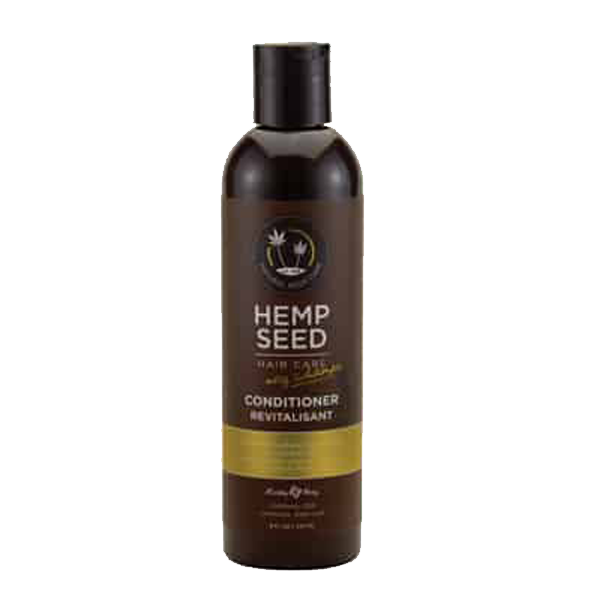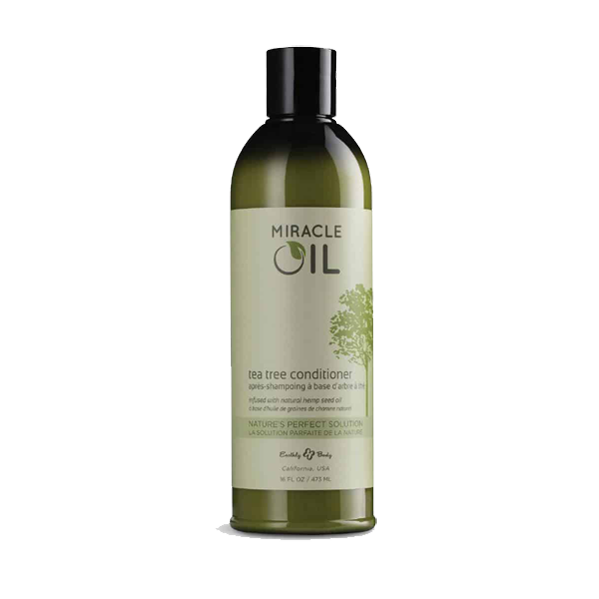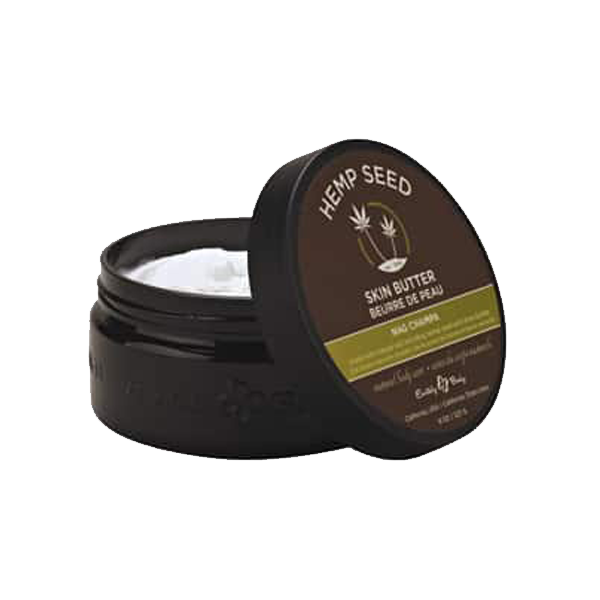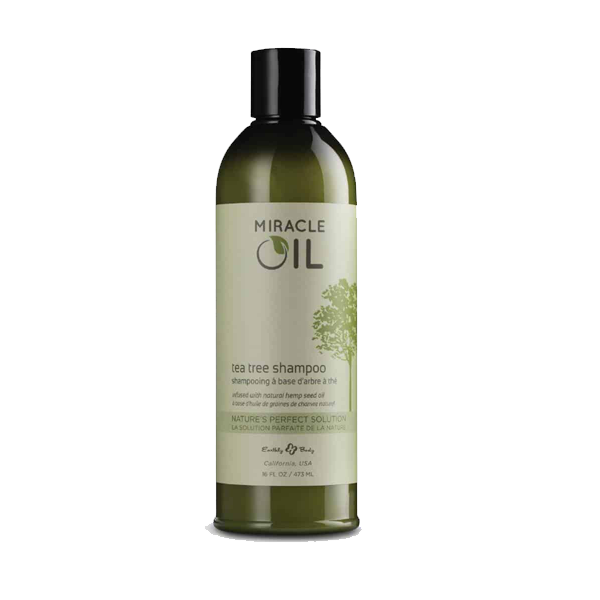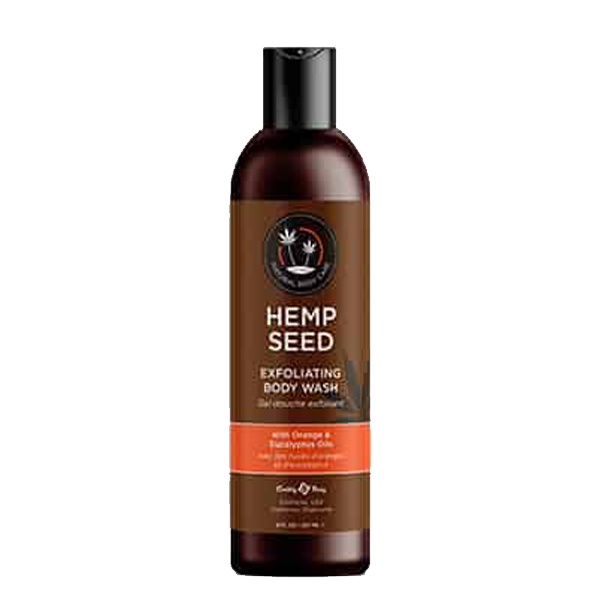Description
Hemp Seed Conditioner is a hemp oil for hair product specially formulated to deeply condition and keep hair feeling soft and smooth. Infused with natural oils and extracts, this conditioner works to maintain a silky texture that helps improve manageability. The conditioner is rich in antioxidants and vitamins to further support healthier and shinier looking hair. Gentle enough to use on all hair types and safe for color treated hair.
Use after washing with Hemp Seed Shampoo for the best results.
As part of a commitment to the planet, Hemp Seed hemp oil for hair products are 100% Vegan, Cruelty-Free, and made in a solar powered facility in California. A percentage of every sale is donated to the nonprofit, Get Together Foundation, to help further their efforts in helping the homeless community and doing their part to help make the world a better place.
Benefits of Hemp Seed Oil
Hemp seed oil has 3:1 ratio of omega-6 to omega-3 essential fatty acids. It also contains smaller amounts of three other polyunsaturated fatty acids: oleic acid, stearidonic acid, and gamma-linolenic acid. A tablespoon of hemp seed oil contains 14 grams of fat, 1.5 grams of saturated fat, and 12.5 grams of polyunsaturated fat.
Omega-3 and omega-6 fatty acids are considered to be good for hair when taken as an oral supplement. Hemp seed oil has plenty of both. For example, a 2015 studyTrusted Source found improvement in the hair diameter and hair density of participants who took omega-3 and omega-6 oral supplements over the course of six months. Researchers on the study also discovered that omega-3 and omega-6 fatty acids in combination with antioxidants prevented hair loss in participants who took them.


